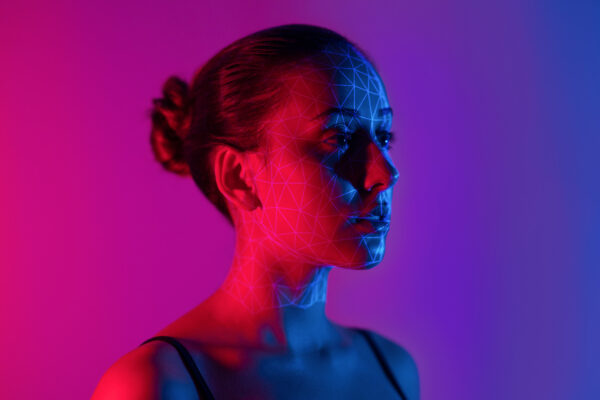AI in the recruitment industry has benefits. But there are some parts of the process where we would argue that the bots can’t beat the humans.
Unless you’ve been living under a rock recently, you’ll have heard of ChatGPT.
Like most AI applications we’ve seen, it’s certainly clever. But while we’re impressed by its capabilities to generate human-like responses to questions and conversations (it can knock out a job ad pretty quickly!), AI is nothing new in recruiting.
AI has been used in our industry for a few years now. In fact, we use it ourselves for some parts of our work—it’s certainly a handy tool. However, AI recruitment technology does have its limitations.
Let’s just say we’re not worried about losing our jobs to the robots just yet!
Recruitment in the age of AI
According to AI tech company TIDIO, 66% of recruiters are using AI, and 67% believe it has many benefits and a positive impact on the recruitment process.
Some of the most popular AI systems recruiters in Australia and globally are using today include Humanly, SeekOut, Skillate and Fetcher.
Each platform has its unique features, but essentially they’re all focused on helping recruiters automate and streamline the recruitment process, from talent acquisition to candidate communications and interviews.
AI can even help neutralise potential bias in the recruitment process, as it’s built to be objective and devoid of opinions, unlike us humans, improving hiring diversity.
Then there’s ChatGPT.
This trending natural language processing software can do everything from telling you more about the specifics of a role to creating outreach emails, interview questions and summarising resumes.
But how effective actually is AI in these aspects of recruitment? And can it match the abilities of human experts?
Where AI works really well
AI works incredibly well when it comes to streamlining processes in high-volume recruitment. It really does look after the front end.
For example, AI can quickly go through our whole database of 70,000 candidates and identify the most suitable people for the role. This saves countless hours of scouting and selecting time.
Recruiting AI can also competently complete tasks like scheduling interviews and reviewing resumes and other employee documents. Plus, as mentioned, it’s great at creating job ads in no time—even if they do need a bit of editing.
You can even give it specific instructions, such as asking it to write an ad for a fun, funky marketing company or to be gender-neutral.
Chatbots are another type of AI used in recruitment that can improve the candidate experience and increase applicant conversions. They can answer those first-stage questions immediately, keeping the ball rolling.
Where AI falls down
However, while recruitment AI can save you time and speed up the front-end process, it can only take you so far. At a certain point, there needs to be a more authentic human element injected into the process.
- Those soft and transferable skills that aren’t written on a resume
- The vibe someone exudes when you meet in person for an interview
- The unquantifiable and unique qualities that define a company culture
These are just some examples of where AI in recruitment falls short in its abilities to hire well and hire right.
Plus, AI is unable to build those strong relationships. Sure, it can hold conversations. But it can’t pick up the phone or grab a coffee with someone and get to know and connect with them in the same way.
In addition, it can’t negotiate and influence or support people in the big decisions affecting their lives.
In terms of improving diversity, a strong priority for us, AI may also not be as objective as it claims. Not only did a human (with their own biases) write the algorithms, but AI can also pick up and learn biases.
So nobody, human or machine, is perfect, but we try!

Human value lies in AI’s limitations
The most important takeaway is that, yes, AI does offer many opportunities in recruitment. It certainly saves us time and helps us improve the client and candidate experience. However, it also has its limitations.
For us, the key to using AI in recruitment is to understand these limitations and focus on the unique skills we bring as humans—and how to use them best.
Ultimately, AI software and systems can help deliver positions filled, but they can’t take the next step to deliver culture-add matches that build vibrant careers, workplaces and communities.
If you want to ensure your company hires or career isn’t solely in the hands of robots, let’s start a conversation.






